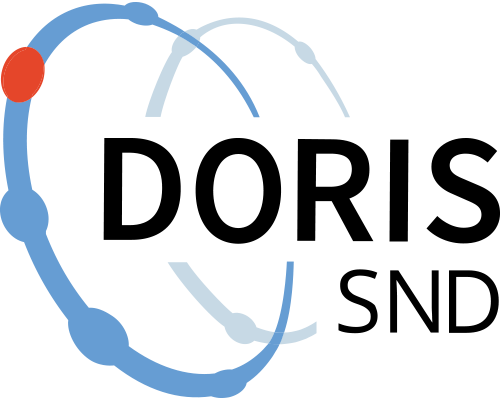Data of how morally ‘loaded’ labels in the built environment influence social judgments and perceptions of comfort and visibility
https://doi.org/10.5878/0q8f-ya14
Forty-four individuals were presented with 16 different images of faces under a desk lamp.
The experiment consisted of three phases:
1. First, the participants rated how well they could see the person in front of them (scale: 1 = not at all well, 11 = very well).
2. They were then asked to evaluate various personality traits for each face under two different lamps. The personality traits were as follows: how irresponsible, selfish, environmentally friendly, cold, dishonest, wasteful, ruthless, or uninterested the person appeared to be. This was rated on a scale from 1 to 6, with dichotomous endpoints (e.g., 1 = cold, 6 = warm).
3. After all personality evaluations, a final assessment was made regarding how comfortable it was to work under the lamp’s light (scale: 1 = not at all comfortable, 11 = very comfortable).
All evaluations were conducted under the same desk lamp. However, for half of the image evaluations, participants were told that the lamp was environmentally friendly, while for the other half, they were told it was a conventional incandescent lamp. This information was provided both verbally and via a label attached to the lamp’s base. The order of the lamp conditions was counterbalanced, meaning each image was assessed under both conditions.
The three phases were repeated 16 times (16 images).
After all the evaluations, participants completed two questionnaires: one on environmental concern (Environmental Concern; EC) and one on values (Value Orientation Scale; VOS).
The environmental concern questionnaire was structured as follows:
“How concerned are you that today’s ENVIRONMENTAL PROBLEMS will affect…?” Circle the option for each statement that best matches your view. (1 = Not at all concerned, 7 = Very concerned)
All living beings; Me; All humans; Plants; My lifestyle; People close to me; Animals; My health; Future generations; Marine life; My future; My children
The values questionnaire was structured as follows:
“Imagine that these 13 values are your guiding principles in life. We ask you to rate how important each one is to you personally. Circle the option that best matches your view. (1 = Completely opposed to my principles, up to 7 = Extremely important)”
Take your time to think through your evaluations before responding.
Social status; Equality; Respect for our Earth; Wealth; A world at peace; Being one with nature; Power; Social justice; Protecting our nature; Being influential; Being helpful; Preventing pollution; Being ambitious
Three different indexes could be created for both questionnaires: an egoistic, an altruistic, and a biospheric index. To remove shared variance and isolate unique concern for each index, the mean of all scale items was subtracted from the three EC indexes and the VOS indexes.
Then, the adjusted indices for all environmental concern dimensions were combined with the adjusted indices for all value dimensions. This was done to obtain a highly reliable measure of the three main attitude dimensions. More specifically, an average was calculated for the two altruistic dimensions, the two biospheric dimensions, and the two egoistic dimensions to create three more general indices for altruistic orientation, biospheric orientation, and egoistic orientation.
The dataset includes three difference variables that measure: (1) The difference in perceived comfortableness between the lamp marked as conventional and the one marked as environmentally friendly. (2) The difference in perceived visibility between the lamp marked as conventional and the one marked as environmentally friendly. (3) The difference in perceived personality traits between the lamp marked as conventional and the one marked as environmentally friendly.
Data files
Data files
Documentation files
Documentation files
Citation and access
Citation and access
Data access level:
Creator/Principal investigator(s):
Research principal:
Data contains personal data:
No
Citation:
Language:
Method and outcome
Method and outcome
Data collection - Laboratory experiment
Data collection - Laboratory experiment
Geographic coverage
Geographic coverage
Administrative information
Administrative information
Topic and keywords
Topic and keywords
Publications
Publications
Metadata
Metadata
Version 1

University of Gävle